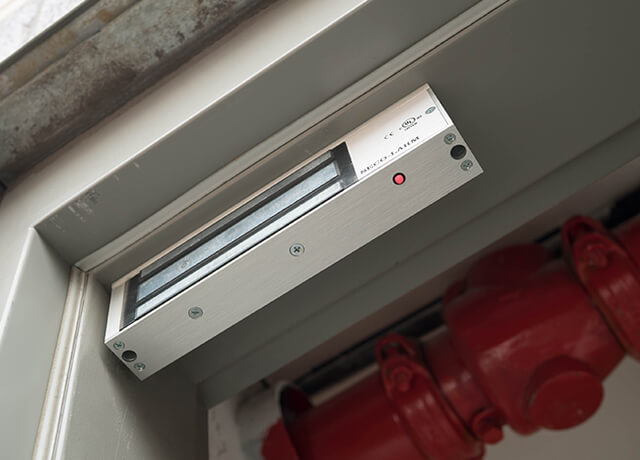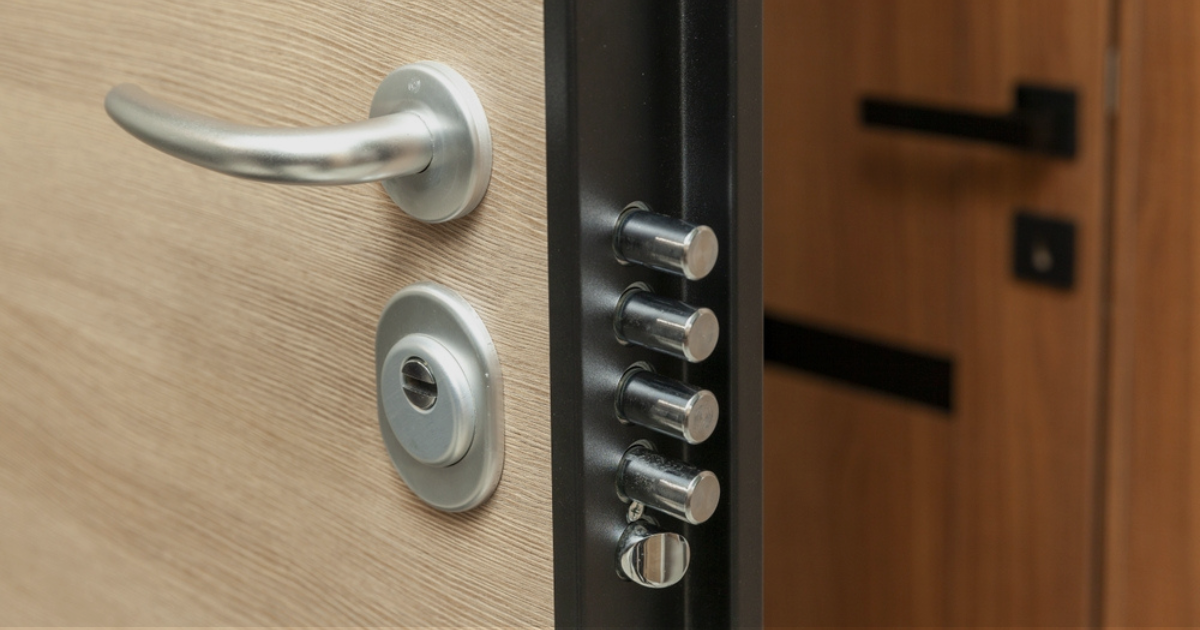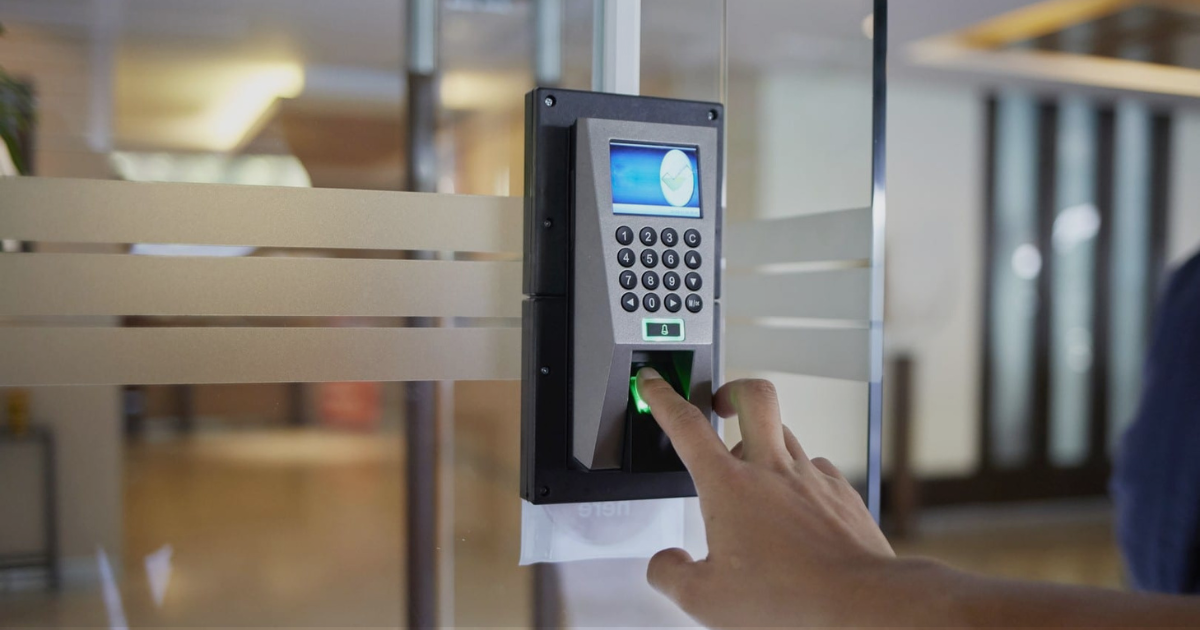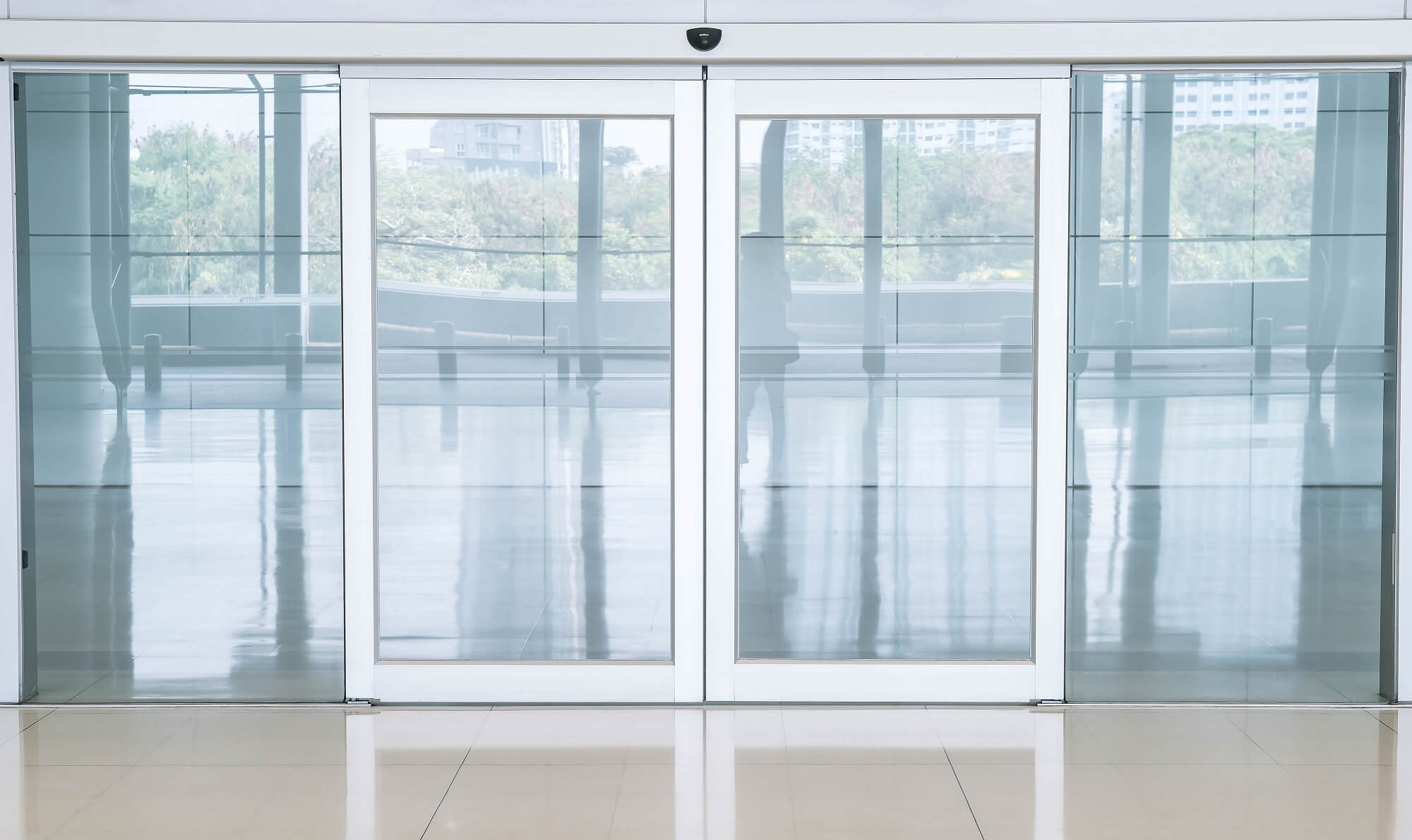Welcome to our blog, where we unravel the mysteries behind everyday technology. Today’s post delves into the fascinating world of magnetic locks/electromagnetic locks. From securing high-security facilities to enhancing the convenience of everyday life, these locks have become a ubiquitous feature in modern security systems.
But how exactly do these locks function? Join us as we explore the principles and mechanisms that power magnetic locks installation, shedding light on their inner workings and understanding their crucial role in safeguarding our possessions and premises.
Unlocking the Science Behind Electromagnetic Locks
Electromagnetic locks rely on electromagnetism to function. A current creates a magnetic field, attracting or repelling internal components. With precise engineering, they offer robust security and swift access. This fusion of physics and technology provides modern access control systems with reliable protection and seamless operation.
Also Read: Can Automatic Sliding Doors Be Opened Manually?
Electromagnet
At the heart of every magnetic lock lies the electromagnet. This component is typically installed on the door frame. When an electrical current travels through the coil within the electromagnet, it produces a magnetic field. The strength of this magnetic field determines the holding force of the lock.
Armature Plate
The counterpart to the electromagnet is the armature plate affixed to the door itself. Composed of ferromagnetic material, such as steel, the armature plate is drawn towards the electromagnet when energized. This attraction creates a secure bond between the door and the frame.
Power Supply and Control Mechanism
Electromagnetic locks require a power supply to function. Typically, they are wired into the building’s electrical system. Additionally, a control mechanism, such as a keypad, card reader, or biometric scanner, regulates access by sending signals to activate or deactivate the lock.
Also Read: What Are The Main Three Types of Wood Doors?
Advantages of Maglocks
Maglocks find diverse applications across various industries due to their reliability and efficiency. Some key advantages include;
Enhanced Security
Maglocks provide a high level of security, as they are inherently resistant to forced entry. Unlike traditional mechanical locks, there are no vulnerable components to pick or tamper with.
Quick and Convenient Access
With the right access control system, maglocks offer swift and convenient access to authorized individuals. Users can quickly gain entry through keycards, PIN codes, or biometric scans.
Minimal Wear and Tear
Unlike mechanical locks that suffer from wear and tear over time, maglocks have fewer moving parts, resulting in minimal maintenance requirements and longer service life.
Integration with Access Control Systems
Locks seamlessly integrate with access control systems, allowing for centralized management of security protocols. This integration enables features such as time-based access restrictions and audit trails.
Applications of Maglocks
Here are the applications of maglocks;
Server Rooms and Data Centers: Locks can secure access to server rooms and data centers where sensitive equipment and information are stored. They provide an additional layer of security to prevent unauthorized access to critical infrastructure.
Interlocking Systems: Locks can be integrated into interlocking systems to control access between different zones in facilities with multiple secure areas. It helps maintain strict security protocols and prevent unauthorized movement within the facility.
Automatic Gates and Vehicle Barriers: Locks are often used with automatic gates and vehicle barriers to control access to parking lots, driveways, and restricted areas. They provide a secure locking mechanism that can be activated remotely or through vehicle detection systems.
Residential Security: Maglocks can be installed on residential doors to enhance security and provide convenient keyless entry for homeowners. They are often integrated with home automation systems for remote monitoring and control.
Hospital and Healthcare Facilities: Locks are utilized in hospitals and healthcare facilities to secure patient rooms, medication storage areas, and other sensitive areas. They help ensure the safety and privacy of patients while allowing authorized staff to access necessary resources.
Schools and Educational Institutions: Locks are used in schools and educational institutions to secure entry points and control access to classrooms, offices, and other areas. They help enhance campus security and ensure the safety of students and staff.
Ready To Install the Electromechanical Locks?
Locks represent a reliable and effective solution for access control in various settings. By harnessing the power of electromagnetism, these locks provide robust security while offering convenience and ease of use. Understanding the mechanisms behind locks enables us to appreciate their importance in safeguarding our homes, businesses, and sensitive areas.
Whether you want to upgrade your security system or enhance access control measures, electromechanical locks are a formidable choice in modern security technology.
Don’t leave your safety to chance. Trust the experts to handle your magnetic lock requirements. Contact Door Master New York today for unmatched service and peace of mind!






